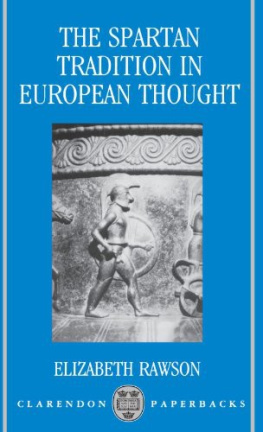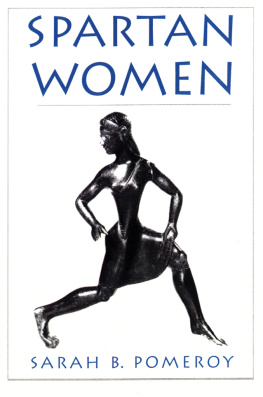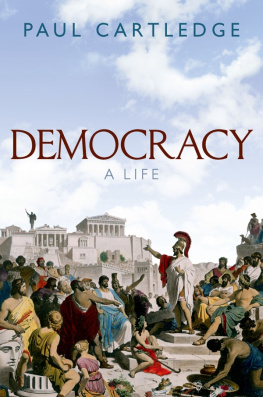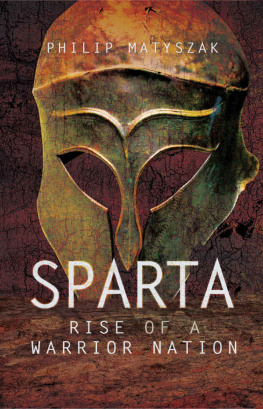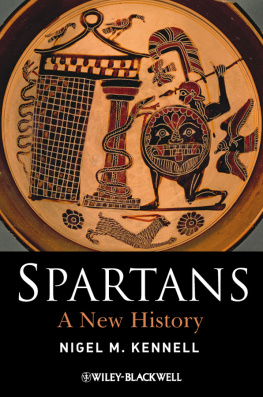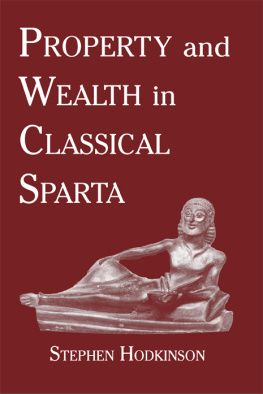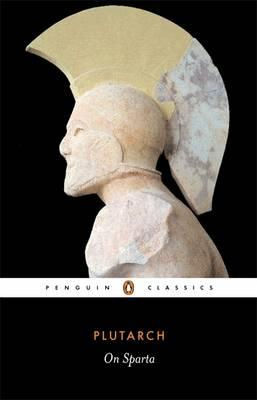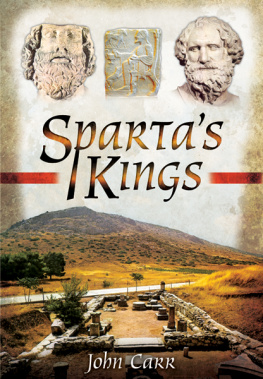All rights reserved. No part of this publication may be reproduced, stored in a retrieval system, or transmitted, in any form or by any means, electronic, mechanical, photocopying, recording, or otherwise, without the prior permission of Oxford University Press
FOREWORD TO PAPERBACK EDITION
ELIZABETH RAWSON, the author of this book, died suddenly and unexpectedly, at the age of 54, in Beijing, People's Republic of China, on 10 December 1988. A Fellow of Corpus Christi College, Oxford, she had been on an exchange visit to the university of Nankai at Tianjin, where she had been teaching Latin, Greek, and ancient history to Chinese graduate students. Her task had been completed, to the great satisfaction of her hosts, and she was about to return home when she was taken ill and died within a few hours.
Her readiness to interrupt the quiet tenor of her life at Oxford for the sake of what proved to be a fatally exhausting journey was characteristic of her openness to all new forms of cultural and aesthetic experience. Born into a cultivated middle-class family and receiving at St Paul's and Somerville the best education open to girls of her generation, Elizabeth Rawson combined classical learning with a profound interest in European art, architecture, literature, and music in the post-classical era. She was an excellent linguist and a person of refined tastes and sensibility. In China she was an indefatigable sightseer and her letters to her friends combine wry accounts of the hardships of Chinese life with warm appreciation of the mountains, gardens, buildings, and scenery.
As a young woman she suffered a prolonged period of ill health and her academic career took longer to get under way than might have been expected after her brilliant undergraduate record. She was a Fellow of New Hall, Cambridge, for twenty-one years and developed a warm affection for that college. But she was not given a lectureship by Cambridge University and it was only after her migration to Oxford in 1980 that she secured the recognition she deserved. As Fellow and Tutor in Ancient History at Corpus she played a central role in the life of the College. She was Master of Common Room, Assistant Dean, Garden Master, and general arbiter elegantiae. Her kindly presence was welcoming to guests and her cultivated fastidiousness exerted a civilizing influence upon her colleagues and pupils alike.
-v-
The Spartan Tradition in European Thought ( 1969) was the first of her books. It was followed by Cicero: A portrait ( 1975) and her magnum opus, Intellectual Life in the late Roman Republic ( 1985). In recognition of these achievements she was elected a Fellow of the British Academy in 1988. She also published an extensive series of articles on different aspects of the middle and late Roman Republic; these are to be reissued by the Clarendon Press. At the time of her death she was planning a study of the Roman theatre.
The breadth of her cultural range is well reflected in The Spartan Tradition in European Thought. It is based on an astonishing amount of first-hand reading of more than two thousand years of European literature and history. As an essay in intellectual history it anticipates the preoccupation with classical influences on modern political thought which has been so prominent a theme in Anglo-American historical writing during the last few decades. By tracing attitudes to Sparta over many centuries it both illuminates many dimensions of European thought and demonstrates the indispensability of a knowledge of the classical past for the understanding of the present.
Elizabeth Rawson was a strikingly handsome woman with a dignified, rather formal manner, a carefully modulated voice and, behind a courteous and friendly exterior, a certain reserve and inhibition. Her writings occasionally betray what, given her profound learning, may be regarded as undue scholarly caution. But she could also be trenchant in judgement, for her sensibilities were always combined with robust common sense. She was generous, tolerant, humorous, realistic, and totally unsentimental. Her premature death is a sad blow to classical scholarship. Her friends and colleagues will remember her as a wholly exceptional person.
Corpus Christi College, Oxford KEITH THOMAS
-vi-
PREFACE
CLASSICAL scholars are aware of the long and remarkable tale of the idealization: of Sparta in antiquity, and a good deal of work has been done on the subject. But when I attempted to carry on the story, in outline, down to the present day--for a lecture, and also for my own interest--I was surprised to find that almost no part of it had been explicitly treated. Furthermore, such recognition of Sparta's attractiveness in certain periods and contexts as I have found tends to be either so vague as to be useless (it means precisely nothing to say that 'So-and-so admired Sparta') or else actually exaggerated. I was left, therefore, to my own resources: and the subject, though often of minor importance, is a vast one. I am very much aware of my incompetence adequately to deal with the twenty-seven or so centuries involved, as of the frequent superficialities and probable inaccuracies of my rash attempt. But it seems to me that what is so fascinating is the whole tale in all its length and variety, and therefore that a first sketch was worth making and might encourage others to amend it.
The following chapters cover, I believe, the most important shifts and reversals of attitude towards Sparta in Western thought. I have given a good deal of space to eighteenth-century France, since it is here that Sparta's rle is of some importance, and seems to have been generally misunderstood. I should have liked to be able to explore recent developments in Russia (although it seems that socialists there as elsewhere now prefer Athens to Sparta), and I suspect that Spain, Holland, Switzerland and Poland have more to offer for certain earlier periods than here appears. But the book is more than long enough, especially since I hope that some of the subject's attraction may be felt by readers without expert knowledge in any of the fields concerned. For this reason I have tried to avoid scholarly controversy, particularly in the first part of the book: the more willingly since E. N. Tigerstedt's first volume of his as yet uncompleted work The Legend of Spartain Classical Antiquity
-vii-
in Classical Antiquity, published in 1965 in Sweden (which I read when my corresponding chapters were well advanced, but which enabled me to fill several minor gaps), deals at great length with, and provides an immense bibliography for, the period down to the end of the fourth century B.C. I am naturally also indebted to the two volumes of P. Ollier

